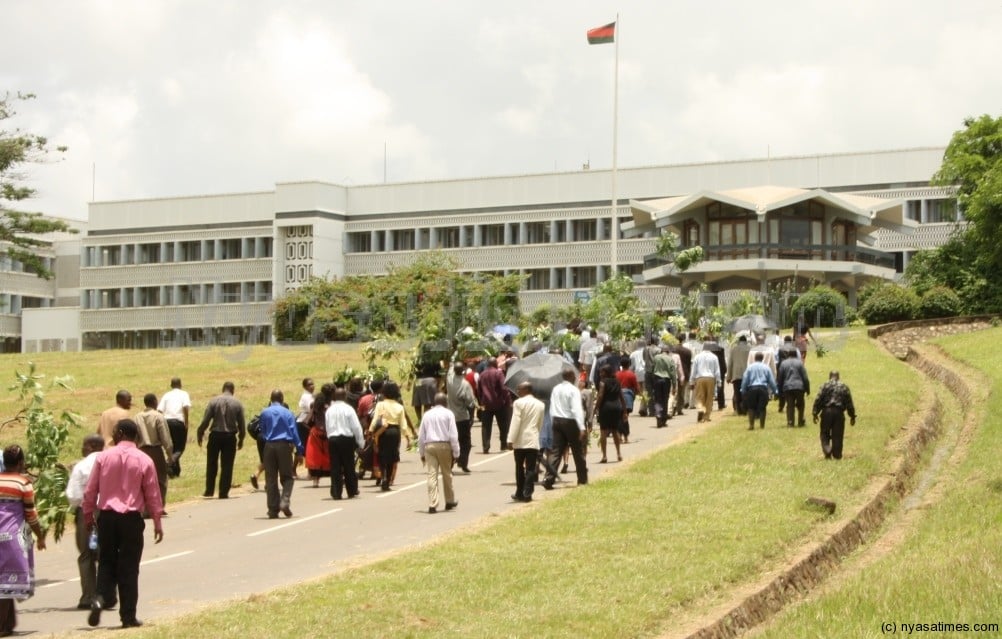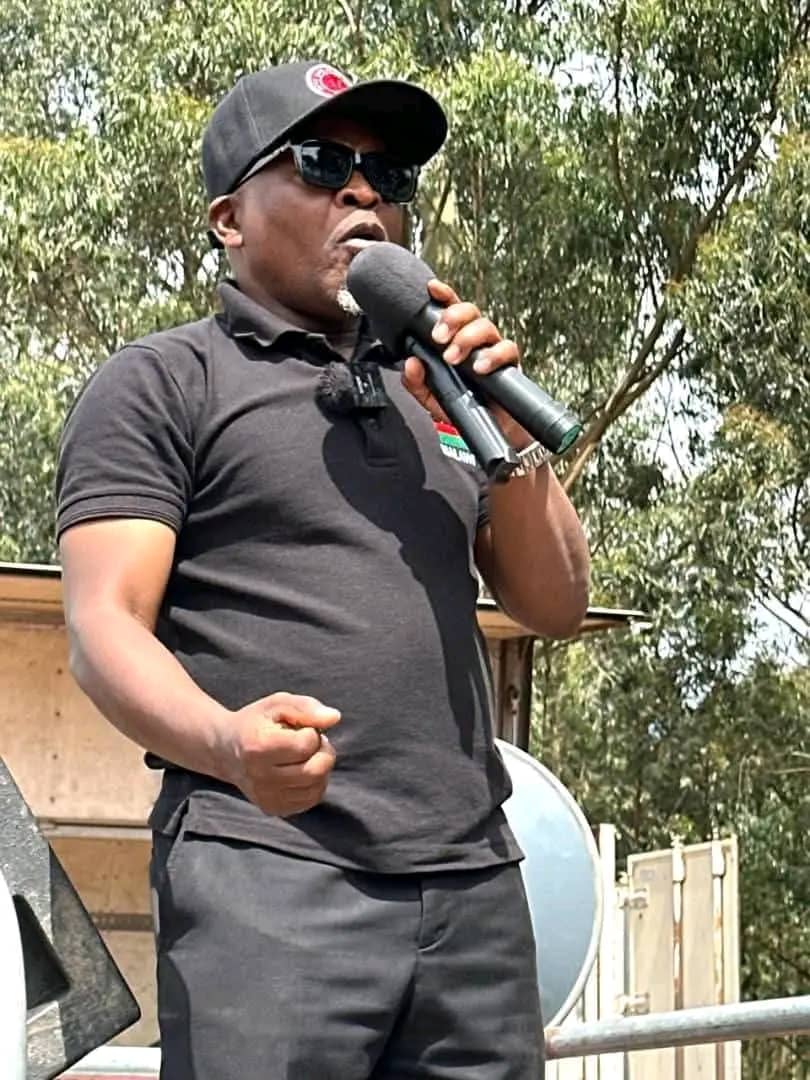By Burnett Munthali | Malawi Freedom Network | 6 August 2025
In a functioning state, civil servants are not beggars.
They are the backbone of service delivery — the engine of public trust.
Yet in Malawi today, teachers, nurses, and police officers have been reduced to financial hostages of their own government.
Month after month, the wait for salaries is becoming longer, more painful, and utterly disrespectful.
The Ministry of Finance, whose job it is to manage the public purse, has offered no convincing explanation — only silence, excuses, and bureaucratic confusion.
While salaries delay, inflation does not.
Prices of basic commodities have skyrocketed, but incomes are not only stagnant — they are absent.
This government has mastered the art of prioritising everything except the needs of its own workers.
It finds money for international flights, ribbon-cutting ceremonies, and political appeasement — but cannot locate the funds for those who keep the country running.
The irony is nauseating.
How can a government that claims to champion economic empowerment allow nurses to walk to work because they can’t afford transport?
How can it boast of education reforms while teachers are forced to borrow just to survive?
How can it preach national security while police officers go hungry?
This is not just financial mismanagement — it is institutional cruelty.
It is a betrayal of trust, an erosion of dignity, and a deliberate assault on the working class.
The ripple effects are real and irreversible.
Demoralised civil servants translate into collapsing service delivery.
Hospitals run without medication and without motivation.
Classrooms echo with the frustration of unpaid teachers.
Security weakens when police officers are focused more on their next meal than public safety.
And while the workers suffer, ministers remain comfortably insulated in their luxuries — air-conditioned offices, fuelled vehicles, and paid allowances.
This is not leadership.
This is exploitation masked as governance.
It is a government at war with its own servants — and the casualties are national productivity, hope, and trust.
The Tonse Alliance government was elected on the promise of economic reform and people-centred development.
But what we see today is the rise of elite privilege and the decline of working-class dignity.
The worst part?
There is no roadmap, no apology, no urgency to fix the rot.
Instead, officials deflect blame and talk about “global economic pressures” as if that justifies their own failures.
But Malawians are not fools.
They know what accountability looks like.
And this, right here, is not it.
Concluding Analysis: A ticking time bomb
This salary crisis is not a small administrative hiccup — it is a symptom of a deeper governance failure.
A government that cannot pay its workers is a government in collapse.
If those at the helm continue to ignore the warning signs, they must prepare for civil unrest, mass resignations, and a public backlash that could shake the very foundation of their rule.
The anger is growing.
The patience is thinning.
And if the people who hold the chalk, the stethoscope, and the baton are not treated with the respect they deserve — they will eventually lay those tools down.
And when that happens, the system will crumble from within.
This is the last warning.
Pay your workers — or prepare to pay a much higher price.




